Jack, a 3rd grader, has difficulty paying attention to the teacher and staying in his seat in the classroom. He often blurts out answers without raising his hand and never stops fidgeting. He looks so much like he has ADHD.
Susie, a 6th grader, never smiles these days. She keeps mostly to herself and barely submits her assignments. When asked if she is alright, she shrugs and replies, “I’m fine.” Maybe she is depressed?
Mary is a kindergartener. She is always very jumpy and nervous. Her hands sometimes shake. She spends much time looking out the windows and at the classroom door. When her friend was late last week, she started crying. She was worried her friend may have gotten killed in a car accident. I wonder if Mary has anxiety.
Stress and trauma result in emotional, behavioral, and physical symptoms and reactions that are often mistaken for other mental health disorders. However, emotions, behavior, physical symptoms, and responses are often clues of acute or chronic stress. When we observe these symptoms and reactions and are not curious about their origin, we can easily mistake them for other mental health disorders. This is why many children are labeled or misdiagnosed with a mental health disorder when stress or adverse life events are to blame.
Examples of emotional symptoms include worry, mood swings, crying, clinginess, anger, overreactions to minor things, isolation from friends, sadness, and feeling hopeless. These symptoms and reactions, at first glance, look very similar to those of depression.
Behavior-related examples observed in stressed and traumatized include withdrawing from friends, changes from regular eating patterns, overusing substances such as drugs or alcohol, finding it hard to make decisions, inattention, lack of focus and concentration, trouble remembering things, fighting, arguing and defiance, difficulty sitting still or calming down. Many of these behaviors fit the criteria for ADHD.
Lastly, physical symptoms include headaches, stomachaches, nightmares, nervousness, feelings of panic, dizziness, fatigue, chest pain, and trouble falling asleep or staying asleep. These are certainly like those present in anxiety disorders.
All these symptoms and reactions are expected in the first hours, days, and a couple weeks following exposure to stress and trauma. The number of overlapping symptoms and reactions between stress, trauma, and mental health disorders requires us to be careful not to make assumptions.
This is why it is so important to understand stress and how it impacts children. Then, curiosity can help you explore what the child needs most. When curious about observed symptoms and reactions, you might think, “I wonder if something is happening with this child? What is driving the symptoms, reactions – the emotions and behaviors I see – or even the physical complaints this child tells me about?”
Jack is hypervigilant because he lives in a violent apartment complex where fights break out regularly.
Susie’s grandmother recently died, and her grandmother was her primary caretaker. Mary is experiencing symptoms of depression because she is grieving the loss of her grandmother.
Mary witnessed a car accident on her way to school last year, and she is constantly worried someone she loves is going to end up in a car accident.


